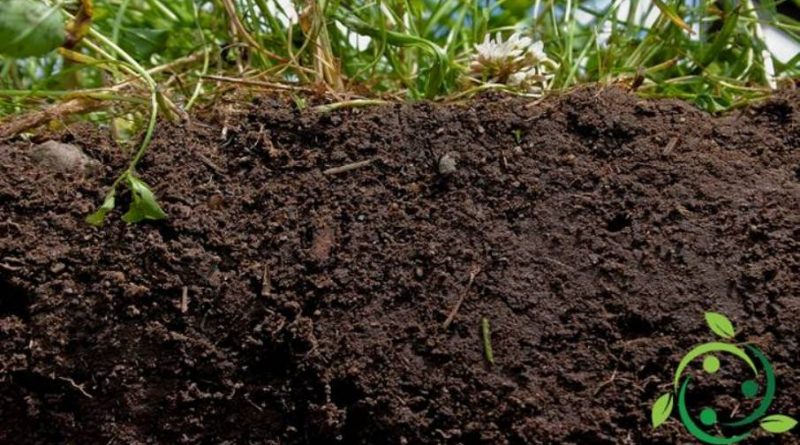How to raise the soil pH with natural methods
How to raise the soil pH with natural methods
pH is the algorithm used to measure the degree of acidity of an aqueous solution. Soil has its own pH and this affects plant growth. Most plants prefer a neutral pH (close to 7), but some plants grow better with lower pH values (acidophilus plants) or with higher pH values (basophilous plants). Here we will see how to raise the pH of the soil, considering that, due to its buffer capacity, the pH of the soil can be usefully varied by a few decimals.
To carry out this operation, therefore, we must take into account the objective we have set ourselves; if we think to change the pH on a large extension we are off track; both from the economic point of view (it has a considerable cost) but above all from the agro-ecological point of view: we have to adapt the cultivations to the ecosystem and never vice versa.
However, if it is a matter of correcting small extensions for a particular need, for example: planting a plant that would otherwise grow badly, a small vegetable garden that would not produce well in that substrate or anyway small extensions then the concept can make sense.
In general, the upward correction of the pH is carried out with calcinations, ie with the addition and mixing of calcium-based alkaline compounds (eg calcium carbonate, quicklime, marl) to the soil in the quantity suitable for reaching the desired pH. You can also add physiologically alkaline chemical fertilizers among which we recommend the potassium saline or, again, if your irrigation waters are quite hard (containing calcium carbonate) with an increase in irrigation supplies.
However, there is a very efficient, natural and highly ecological method; this is the use of ash, obtained by burning the residues of crops (branches, straws, leaves, etc.), in this way we gradually get the alkalizing action but also the equally important contribution of mineral salts (especially potassium ) without the use of chemical fertilizers that always have a high ecological footprint.
Remember, in any case, that Nature must always be seconded never bent.
Guido Bissanti

